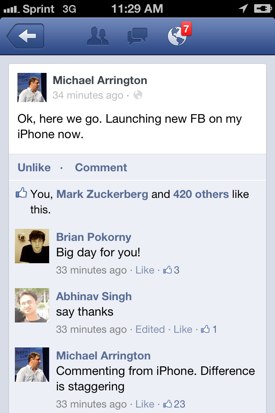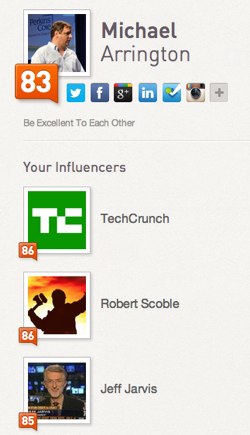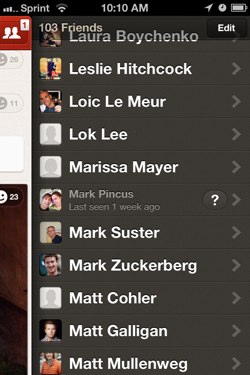 I remember having a Habitrail and a couple of hamsters when I was a kid. It was cool because no matter where those Hamsters wandered off to (and I had quite the maze) I could watch their every move.
I remember having a Habitrail and a couple of hamsters when I was a kid. It was cool because no matter where those Hamsters wandered off to (and I had quite the maze) I could watch their every move.
Suddenly we’re all the hamsters in the Habitrail.
The U.S. Constitution has no express right to privacy, but the issue was brought up repeatedly in the Bill of Rights.
We don’t have a right to privacy in the U.S. But the basic agreement with government has always been that the police can’t just do whatever they like, they have to have probable cause and get a warrant from the judicial branch before they start shredding privacy.
There are lots of notable exceptions, like sobriety checkpoints, that allow police to sidestep the judicial process. But generally speaking as long as you avoid driving drunk (or perhaps being an Asian American during World War II), you could have a reasonable expectation of privacy, or something like it, as an American.
Those days are long gone. Today we all carry finely tuned location tracking devices in our pockets and purses nearly all of the time.
We carry these devices voluntarily, even though we know that the government can access that location data at any time and without a warrant. And then use that data as evidence against us to convict us of crimes.
If I could somehow explain all this to our founding fathers, I imagine them doing a double take and sputtering something along the lines of “say what now?”
It really is happening right now. If you’re a criminal there’s good chance your cell phone company is handing over all your location data.
This is such an efficient system the police aren’t even bothering with their own GPS tracking devices any more.
You might be saying to yourself “I’m not a criminal, so I’m fine. Who cares if the police are tracking my every move. I have nothing to hide.”
I’d say “Ok. I hope that you aren’t dating or married to a police officer or federal employee who might get jealous and start to track you. Or that you aren’t friends with the wife of a police officer who might start tracking you, too.” Because, damn, being a police officer today means you’re just a phone call away from being able to track anyone in the country for any reason.
And wait for the day a decade from now when someone is convicted of a crime based on nothing but implied guilt from turning off their phone or leaving it at home.
After a couple of years of this the police won’t just be happy they can track anyone – they’ll start to really think that they have the absolute right to track everyone.
And therefore anyone who isn’t carrying their phone with them, or turns it off, must certainly be doing something illegal and trying to hide what they’re really up to.
There are juries that will convict on this kind of circumstantial evidence. Maybe even you would.
Personally I don’t want to live in that kind of America. Because I’m not a hamster, and America isn’t supposed to be a Habitrail.
The last line of defense against the government is our Supreme Court. They’re the line in the sand. And they’re completely complacent about all of this.
Update: Google continues to do what our judicial branch will not.
 If you haven’t updated Facebook on your iPhone yet, do it now.
If you haven’t updated Facebook on your iPhone yet, do it now.  Went to Detroit this week. It’s a lot nicer there (at least in the burbs where I was) than I thought it would be.
Went to Detroit this week. It’s a lot nicer there (at least in the burbs where I was) than I thought it would be.  Not long after that
Not long after that  There was a little-covered feature of the
There was a little-covered feature of the